Aim:
This WG aims to promote education, collaboration and research by merging microbiology, engineering, material and biotechnology disciplines in the study of bioelectrochemical systems. This knowledge area continues to expand with several environmental applications such as monitoring, waste gas conversion to biocompounds, waste liquids remediation and biohydrogen production. We will foster collaboration opportunities in this topic that can lead to the development of new types of bioelectrochemical systems and further understanding of the different aspects that surround this biosystem.
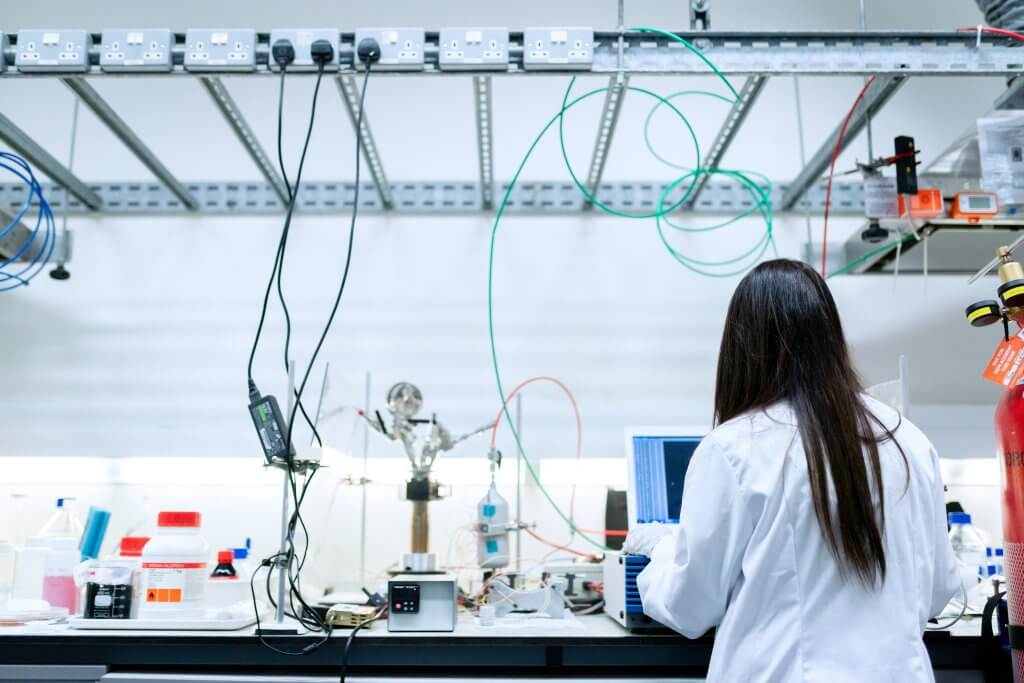
Working Group Co-ordinator
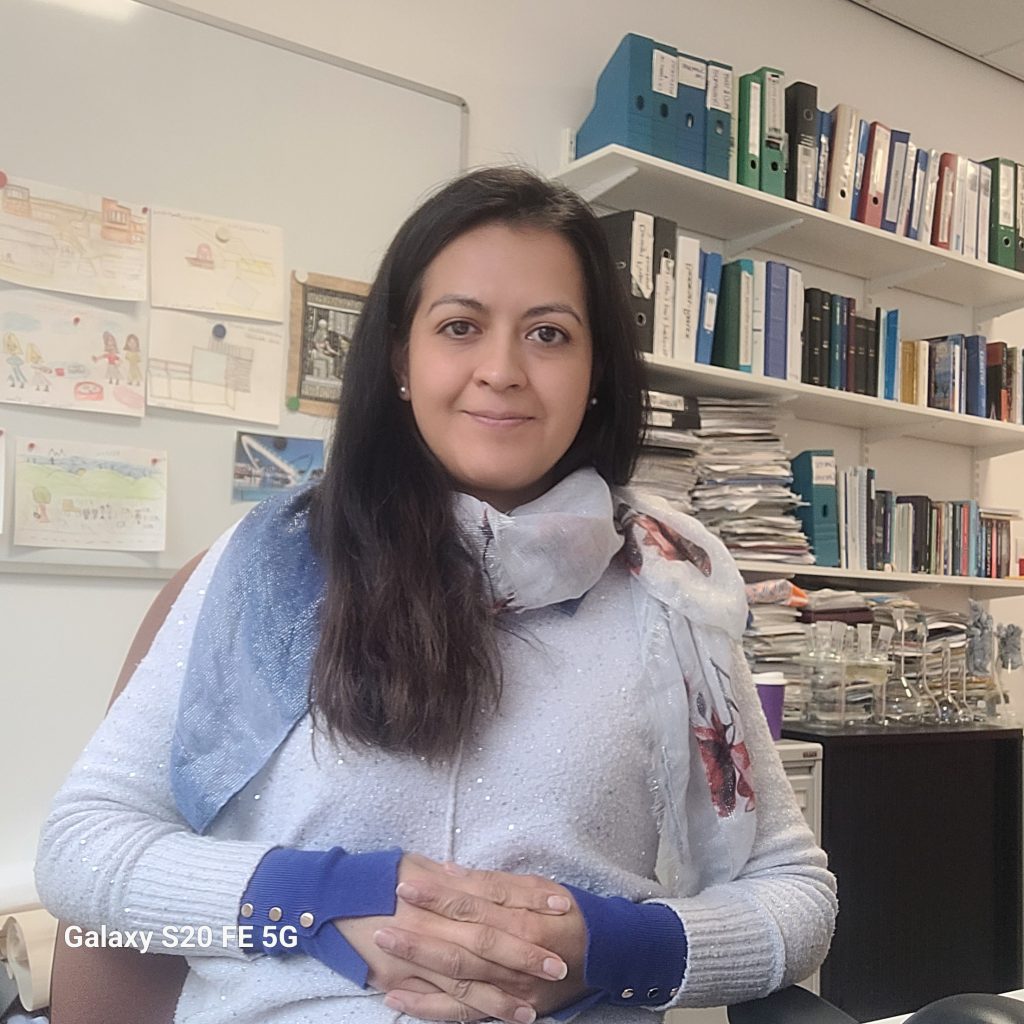 Dr Sharon Velasquez Orta, Senior Lecturer in Chemical Engineering. Newcastle University.
Dr Sharon Velasquez Orta, Senior Lecturer in Chemical Engineering. Newcastle University.
Dr Velasquez Orta has used a multidisciplinary approach to address current world challenges in areas related to sustainability, waste biomass valorisation and effective water management, with a specific focus on understanding waste biomass transformations. She has investigated how microorganisms can enable energy production, water monitoring and wastewater treatment across multiple applications.
Her research over the past 10 years has focused in the development of novel technologies such as bioelectrochemical systems (BES) for waste treatment. To this aim, she has partnered with International Universities and Companies to enable technology field testing and deployment.
Interested?
Contact the Working Group co-ordinator to get involved.
Latest news
See here for recent items from this WG, and for more news click on the BES WG tag
The YouTube video playlist for this WG is available here.
For more details on the WG’s activities to March 2025, see the Bioelectrochemical Systems Development for Environmental Technology WG Report.
WG Activities
Webinars
Webinar series 2025
To register for information and updates on this series of monthly webinars, scan the QR code below.
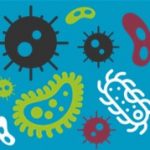 Next event: A joint session with PhycoClub on 12 December 2025 10:30-11:30 UK: had to be postponed as the speaker Dr Marin Sawa of Newcastle University was unwell. For details of the talk as originally planned, see here. And watch out for information on a revised date!
Next event: A joint session with PhycoClub on 12 December 2025 10:30-11:30 UK: had to be postponed as the speaker Dr Marin Sawa of Newcastle University was unwell. For details of the talk as originally planned, see here. And watch out for information on a revised date!
Already taken place:
28 October 2025 12-13:00 UK: Prof Claudio Avignone Rossa, University of Surrey on Electroactivity of microbial communities in microbial fuel cells for bioremediation. An edited version of the webinar recording available HERE.
8 September 2025 12-13:00 UK: Dr Cristina Cordas, Assistant Professor Faculdade de Ciências e Tecnologia da Universidade NOVA de Lisboa gave a presentation on Interfacial Bioelectrochemistry – Enzymatic NO and CO₂ Reduction and H₂ Evolution. See here for more details, and HERE for the webinar recording.
4 August 2025 12-13:00 UK: Dr Sovik Das, Assistant Professor, Civil Engineering, IIT Delhi and Dr Velvizhi Gokuladoss of Vellore Institute of Technology University gave talks on Microbial electrolysis cells for H2 production, and CO2 microbial electrosynthesis. For more information see here. Dr Das’ presentation is available on YouTube.
12 July 2025 12-13:00 UK: Dr Eduard Borràs and Dr Daniele Molognoni on Bioelectrochemical technologies initiatives in Leitat and their role in the energy transition. See here for more details. Presentations currently embargoed but may become available after publication.
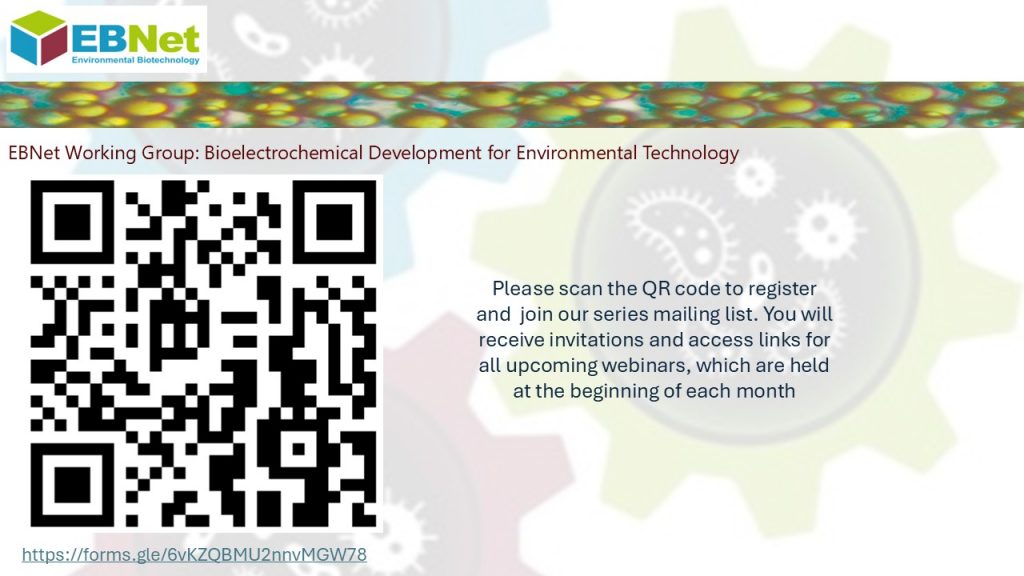
Previous webinars
The fourth BES Webinar: a talk by Dr Deepak Pant, Flemish Institute for Technological Research (VITO) – 13 January 2025, 13-14:00, online. Recording available soon.
The third BES webinar: Zero-gap architecture innovations to maximize current densities in microbial electrochemical technologies for electricity or biogas production, Prof Bruce Logan, Penn State University, WEBINAR, 22 Apr 2024, 14-15:00 hrs (BST).
The second BES webinar: Bioelectrochemical Systems – from fundamentals in robotics to real world applications: 20 July 2023, 10-11am, Prof. Yannis Ieropoulos, University of Southampton. The webinar video can be found here.
The first BES webinar: Bioelectrochemical Development for Environmental Technology featured Associate Professor Annemiek ter Heijne, Environmental Technology, Wageningen University & Research, The Netherlands. Thursday 16 March 2023, 09-10:00 (GMT). Talk entitled: Microbial Electrochemical Systems: fundamentals and applications. The webinar video can be found here.
Associate Prof Annemiek ter Heijne is former President & Fellow and active member of ISMET– the International Society of Microbial Electrochemistry & Technology. Her research interests include: Microbial Electrochemical Technologies, Microbial Fuel Cells for electricity production, Capacitive electrodes for Microbial Fuel Cells, Microbial Electrolysis Cells for production of methane from CO2, Bioanodes for conversion of wastewater into electricity, Biocathodes for oxygen reduction, Electrochemical Impedance Spectroscopy and Renewable Energy Technologies.
Workshops
Dr Velasquez-Orta organised a Working Table on the Present and future of Bioelectrochemical Systems at the Electrochem 2025 conference on Tues 2 Sept 2025 – see here for more information.
The 2nd Bioelectrochemical Systems Workshop: 12-13 December 2024, Newcastle University. See the AGENDA. The WG organised this training for a second time to support the practical skills of working with BES systems. It was an unparalleled opportunity to network, gain valuable specialist skills and learn more about BES via facilitated activities. Throughout the event, participants engaged in practical, lab-based guided sessions intended to develop their skills as researchers.
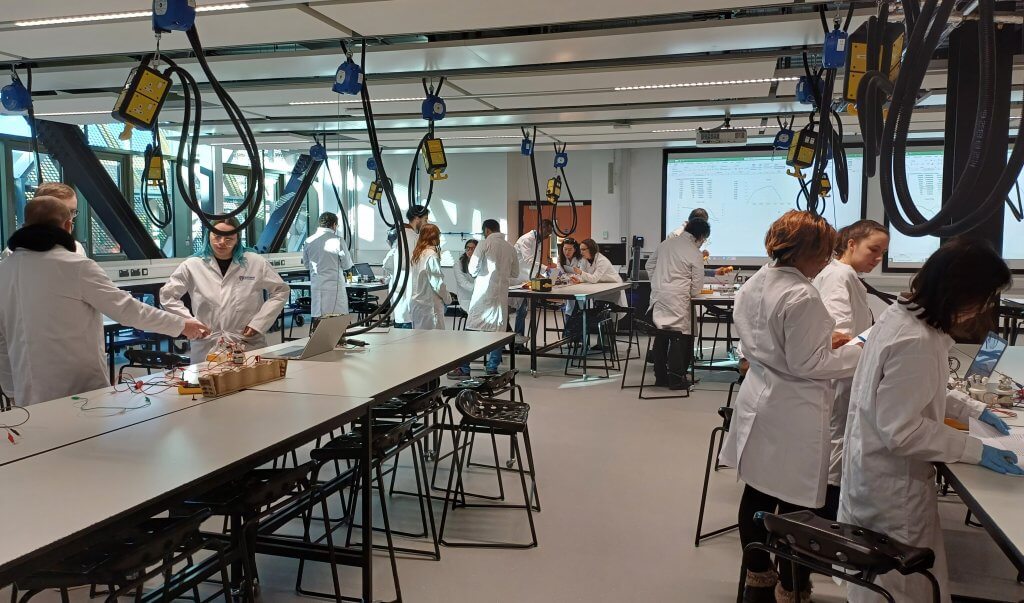
The first Bioelectrochemical Systems Workshop: 23-24th November 2023, Newcastle University.
A workshop of knowledge and interaction for researchers working or interested in bioelectrochemical systems for the environment. This event aimed to strengthen your knowledge on bioelectrochemical systems and give you tools to improve the impact of your research. Read an arising publication here: Intensified microalgae production and development of microbial communities on suspended carriers and municipal wastewater
(Photo taken from lab session at workshop)
Don’t miss…
This WG collaborated with three others to co-host the New Biomethane Workshop coordinated by the AD WG.
On behalf of the BES and AF WGs, Dr Maria Ramos Suarez carried out a study on Implications of Emerging Biotechnologies for Bioreactor Materials. This work arose from industry/academic discussions and it explores the implications of emerging industrial and environmental biotechnologies for producers and users of industrial bioreactors. The full report is embargoed while a paper is being prepared, but will be available soon.
Dr Velasquez-Orta also contributed to the Workshop: Exploring The Past, Present and Futures of Environmental Biotechnology as a Field, 11-17:00, 4 November 2024, Euston, Central London. The workshop group commented on the interim findings from the Social Science WG’s exploration of the field and explored some important and provocative questions about the future.
Article: Spark bugs biomethane boost (microbial electrochemical technologies), EB Network Corner, AD & Bioresources News, Issue 54, Winter 2022, extracted here.
External opportunities
BBSRC is ramping up interest and funding in this area, so get involved and join them. See e.g. the Bioelectrical Engineering Community Webinar (Responsive Mode Spotlights – UKRI), Tuesday 6 December 2022, 15:30 – 16:30. More here.
EBNet POC Funding
EBNet funded the following Proof-of-Concept (POC) projects in this area:
Pure biomethane – rather than biogas – from a single waste stream EBNet POC202207 Dr Elizabeth Heidrich Newcastle University and Dr Jan Dolfinf Northumbria University
Simultaneous bioremediation of nutrient pollution and carbon fixation through a novel integrated anammox and acetogens-based bio-electrochemical system EBNet POC202311 Dr Ahsan Islam Loughborough University
Relevant Publications
Intensified microalgae production and development of microbial communities on suspended carriers and municipal wastewater. Serrano-Blanco, S., Zan, R., Harvey, A.P. and Velasquez-Orta, S.B., 2024. Journal of Environmental Management, 370, p.122717.
Life Cycle Assessment of Microbial Electrosynthesis for Commercial Product Generation. Okoroafor, T., Haile, S. and Velasquez-Orta, S., 2021. Journal of Hazardous, Toxic, and Radioactive Waste, 25(1), p.04020062.
A critical review of integration analysis of microbial electrosynthesis (MES) systems with waste biorefineries for the production of biofuel and chemical from reuse of CO2. Sadhukhan, J., Lloyd, J.R., Scott, K., Premier, G.C., Yu, E.H., Curtis, T. and Head, I.M., 2016, Renewable and Sustainable Energy Reviews, 56, pp.116-132.


